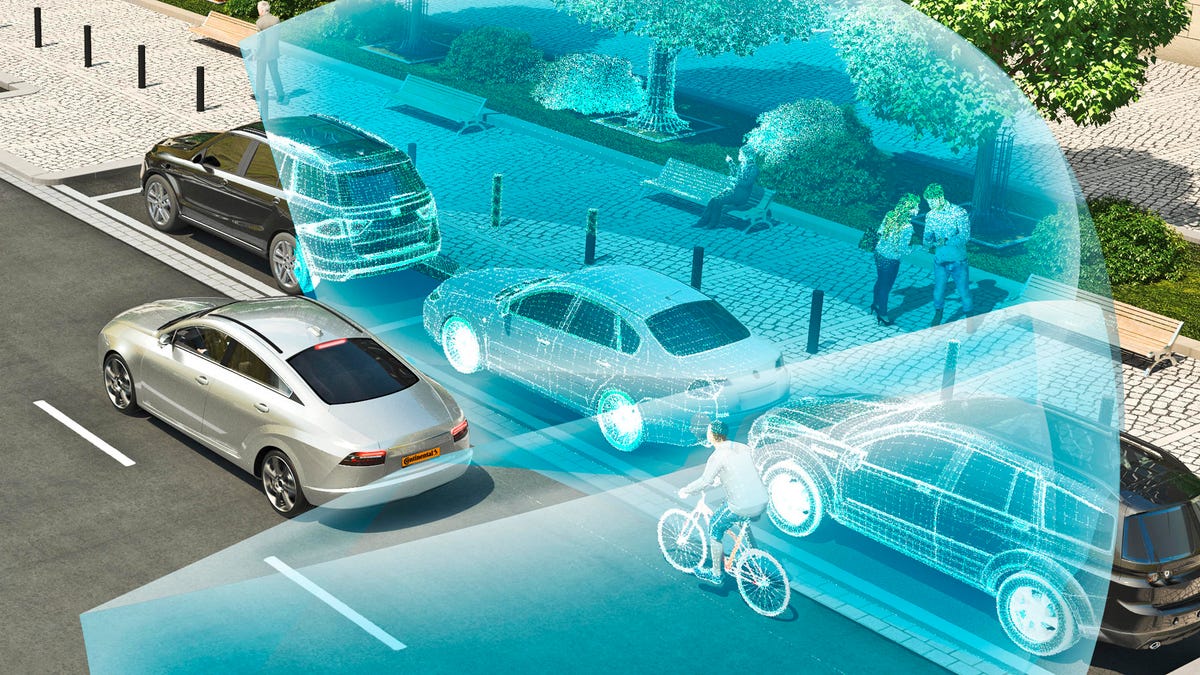Continental teams up with UC Berkeley to boost AI research
AI has a place beyond autonomy, even though self-driving cars are likely the main focus here.
The connected cars of the future will have to process a boatload of data and turn that into useful information as quickly as possible, and Continental has forged a new partnership to make sure that happens.
Continental, one of the world's largest automotive suppliers, has teamed up with the University of California, Berkeley's DeepDrive center. The partnership will focus on AI as it's applied to the future of car connectivity.
The first year of the partnership will focus on testing the reliability of AI systems in vehicles, as well as finding more efficient ways to optimize them. Continental believes that this will make it easier to implement that tech in vehicles, which could help bring some benefits of this tech to users in a timelier fashion.
"Having Continental as a [Berkeley DeepDrive] member is something we are very proud of. We are excited to be working closely together to develop innovative solutions," said Professor Trevor Darrell, head of DeepDrive, in a statement. "Continental is a leader in the automotive industry and BDD is opening up opportunities for artificial intelligence and autonomous driving in automotive applications, which makes for a great team."
While most people think of AI as something that autonomous cars will need to make sense of all that sensor data coming in, it has other purposes, too. It can be used in conjunction with existing platforms like OnStar, offering more personalized services based on anything from location to user preferences. Heck, it can even be used for more efficient fleet management and insurance risk assessment.


